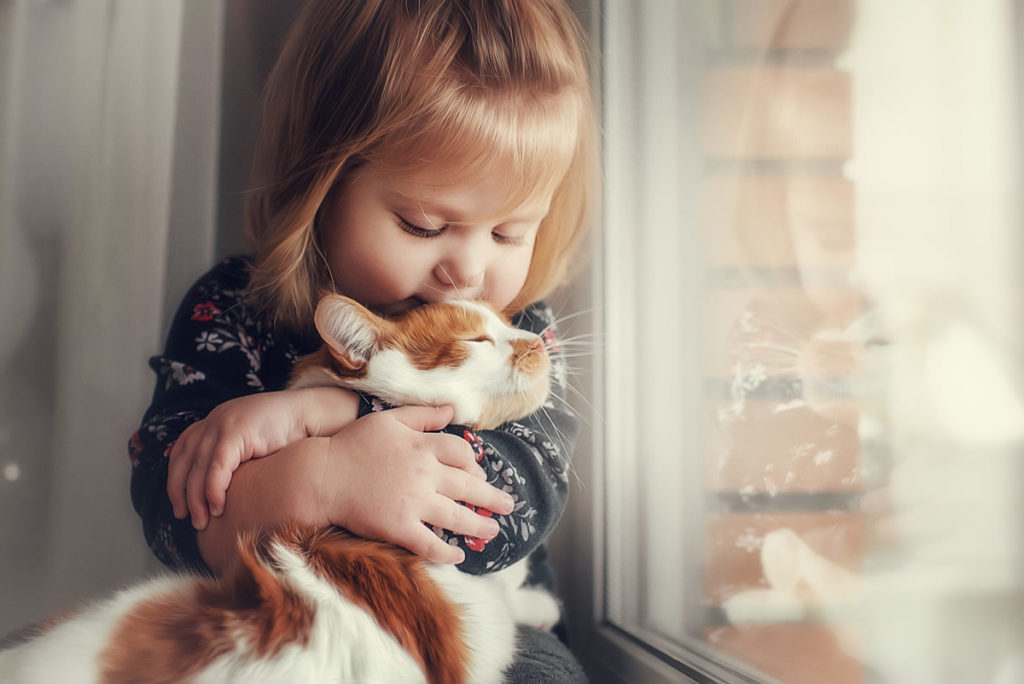Anger in children is a totally logical and normal process. Depending on the character of the boy or girl we are talking about, these anger may be more controllable or absolutely disproportionate , leading to the well-known and fearsome tantrums. Fearsome, especially when they happen in public places and are difficult to control.
As we well know, children learn by imitation, which also occurs with regard to the control of feelings. That a child has a tendency to get angry more or less is part of himself, but that the process is more or less aggressive can be changed and reeducated. Of course, for this it is very important that parents also learn to control their own anger because, after all, it is what we are asking of those little ones in front of us who are many years younger than us.
Educate by example, key in children’s anger
In order to educate children in a better channeling of anger, it is necessary as parents to incorporate their own recommendations and guidelines, such as those described below:
- Never hit your children no matter how angry or upset you are. Do not forget that, in this way, you are teaching them that violence is valid to fix problems. Hitting a child is an abuse of authority and is very scary. If you yell, you teach them to yell too.
- If you control yourself and tell them “I’m angry now and I can’t talk about this until I calm down,” you show them by example what you are asking of them.
- We older people are also wrong, so when it happens to you, apologize for having misjudged or scared them.

- You know that being angry is, in addition to normal, also convenient on many occasions. Well that is something that should also apply to your children, let them know!
- Also, tell them that it is not good for them or for others to express anger in a way that hurts others.
- Talk to your children about what they can do when they are angry to calm down.
- Help them express their anger physically in a peaceful way, such as throwing a ball against the wall or running.
- Agree with them, when they are not angry, a place to calm down . Make sure that there are things in that place that help them to be distracted and to find that calm they need: paintings, plasticine, dolls … and the more educational the better.
- Explain to them how to express their feelings, teach them to say “I don’t like that, please don’t, or I don’t want it.”
Brief guide to dealing with tantrums
Absolute loss of control can be due to many causes, so when it occurs, think about whether the child was very tired. It is not a good idea for the little ones to accompany you to the supermarket or a toy store if they have not stopped for a day. Too many “extra” events in a single day can create a lot of stress for a young child , so try to keep them on a reasonable and orderly schedule because the exceptions are just that. But, if you see that the hecatomb is going to unleash …
- Make a negative answer sound positive: “Now we can’t buy that toy but you can ask for it on your birthday.”
- Try to divert attention to something else and think positive: what can you do to meet both your needs and those of your children?
- Make them understand that you understand their frustration but that it cannot be what they intend. Be understanding and say things like, “You are tired but we will be home soon.” If you know that a situation stresses children, avoid it.
- If they are already in full tantrum, do not catch up with them . Take a deep breath, take control of the situation and take the child to a more secluded area.
- Tell the little one who has had the tantrum, if you are at home, that you will be there when he is ready to go out. Close the door gently and reassure yourself. Calmly, don’t let him out until he has stopped yelling.
- Then think about what happened and what could have been important enough for your child to get into that state.
When the storm has passed …
- Do not be spiteful and think how absurd it is to be with a small child.

- Don’t punish your child for his temper in a tantrum.
- Do not yell at him, because he will not understand why you do what you ask him not to do.
- Help him tell you why he’s gotten like this, and practice acting with him the next time he feels that way.
We already know that all the guidelines that we say here are very difficult to comply with most of the times, but if you think about it, it is the same thing that you would like your child to do when he gets angry.











































































































